Polycystic Ovary Syndrome (PCOS) symptoms is more than just irregular periods—It’s a complex hormone disorder that can cause hirsutism (hair growth), weight gain (particularly on the belly), acne, hair loss, mood swings, feeling tired & even fertility issues.
One of the largest underlying issues is insulin resistance, causes sugar cravings, energy crashes & a higher risk of type 2 diabetes.
Identifying these symptoms early on helps to manage it properly. What most people don’t know is that diet has a huge impact on worsening or healing it.
If you‘re feeling like your PCOS symptoms are out of control even when you’re doing things right, the culprit may be your plate. Let’s sort through the worst foods that may be sabotaging your health & the best foods to promote hormone balance & healing.
The WORST Ones
- Sugary Trap– Processed sugar or Soda, sweetened beverages, sweets, White bread are largest foes of PCOS. It causes insulin spikes, which can result in insulin resistance—a key contributor to PCOS symptoms.
- Go For: Natural sweeteners such as monk fruit or stevia when cravings strike
- Dairy– Many women with PCOS struggle with acne, and dairy can be a hidden trigger. Milk contains insulin-like growth factor 1 (IGF-1), which boosts androgen levels, causing acne & hair thinning
- Go For: Dairy-free substitutes, almond or coconut milk. If dairy fan, use full-fat, organic choices in moderation
- Bad Fats: Trans fats and inflammatory oils like Fried foods or Margarine & processed vegetable oils (canola, soybean, corn oil) increase inflammation and worsen PCOS symptoms like weight gain and mood swings
- Go For: Extra virgin olive oil or avocado oil.
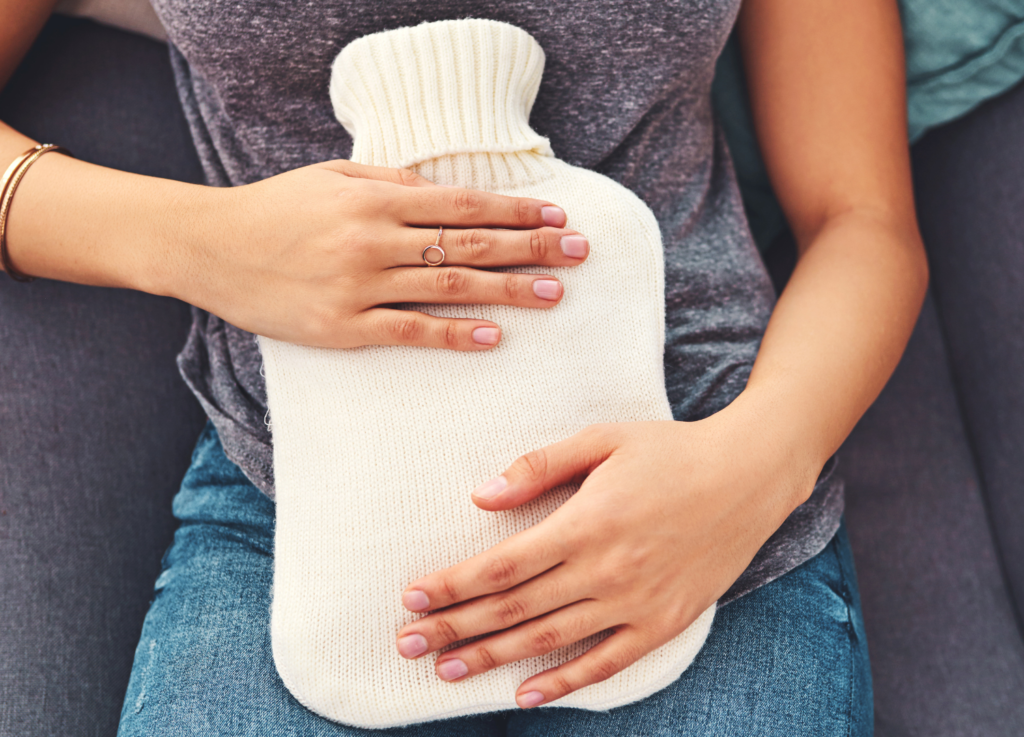
- Soy (too much): An excellent component of a balanced meal, but in excess, can interfere with the hormone balance of PCOS women. Stick to minimally processed, organic soy like tofu & tempeh.
- Caffeine: PCOS is already associated to stress & adrenal imbalance. Excess caffeine overstimulates cortisol, making fatigue, anxiety & hormonal imbalance even worse.
- Go For: Herbal teas like spearmint (reduce excess androgens) or green tea (rich-antioxidant)
- Alcohol: Liver has a crucial function of breaking down excess hormones. Alcohol overloads the liver, making it more difficult to clear excess estrogen and androgens, worsening PCOS symptoms.
- Go For: If you do drink, restrict it to the occasional red wine (antioxidant content) and drink plenty of water
The BEST Ones
High-Fiber Foods- Fruits, Cruciferous vegetables (Broccoli, cauliflower, Brussels sprouts, kale ), whole grains, Chia seeds, flaxseeds are fiber-rich, slowing down sugar intake, enhancing insulin sensitivity & ensuring healthy digestion.
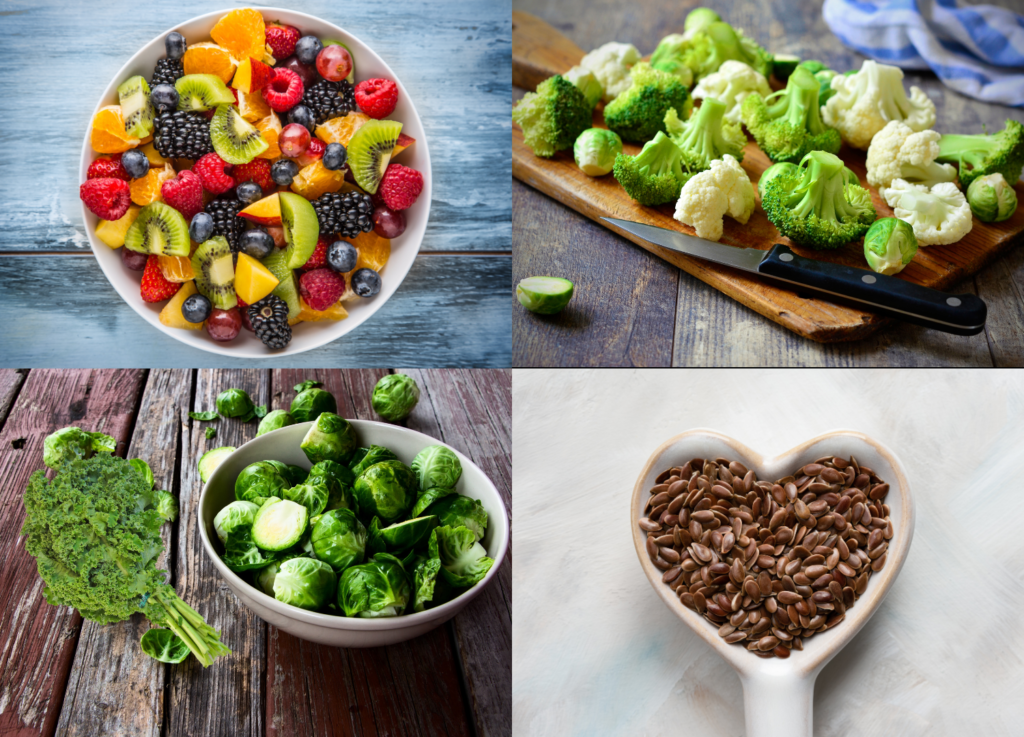
Lean Proteins: Chicken, fish, beans, and lentils are rich sources of necessary protein, which stabilizes blood sugar, induces fullness, and aids in healthy weight control.
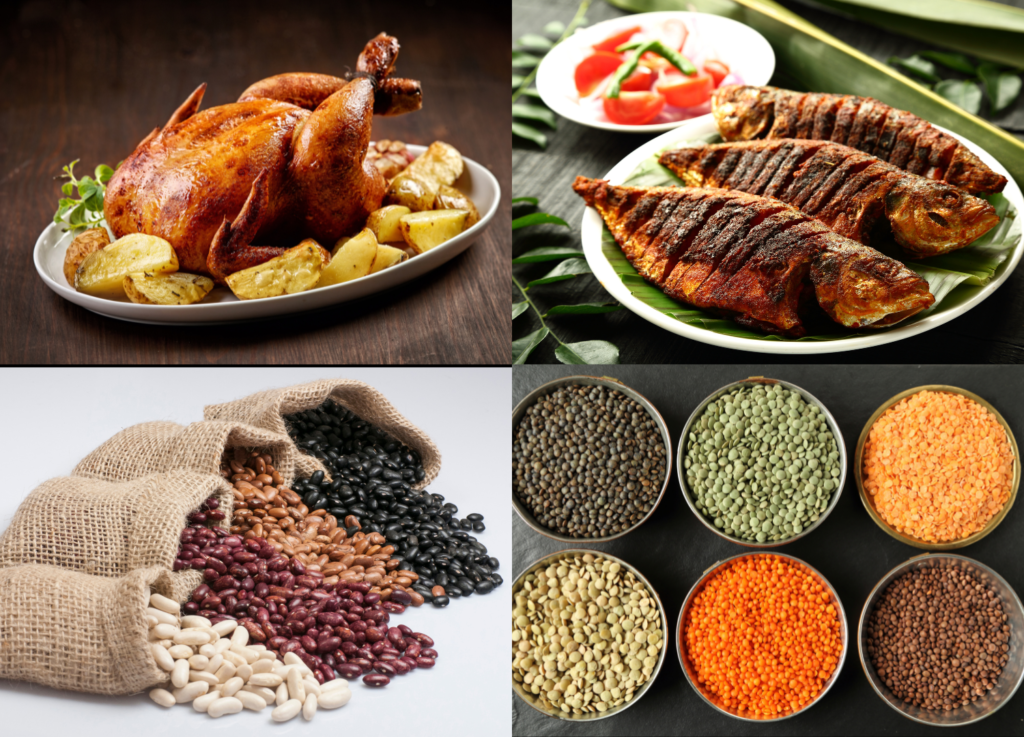
Healthy Fats- Avocados, nuts, seeds, and olive oil are rich healthy fats that promote ovulation, reduce inflammation, support hormone balance, and improve insulin sensitivity
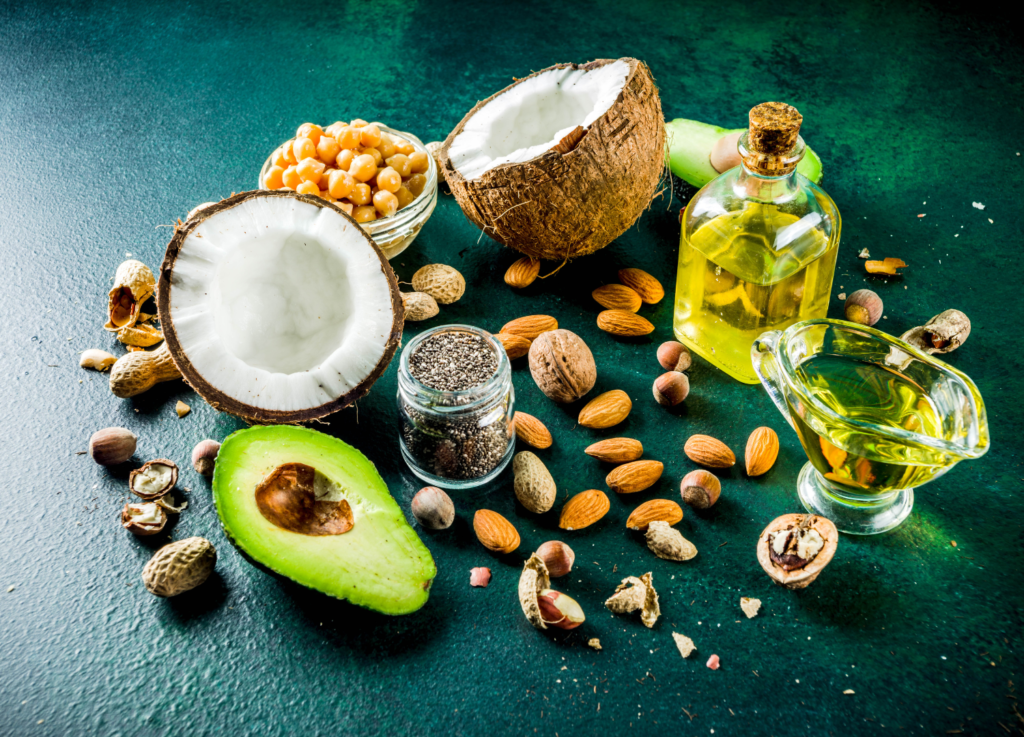
Anti-Inflammatory Foods: Berries, fatty fish (such as salmon), & spices such as ginger, turmeric (Decreases inflammation; promotes liver function), Cinnamon (lowers sugar cravings) are great anti-inflammatory foods
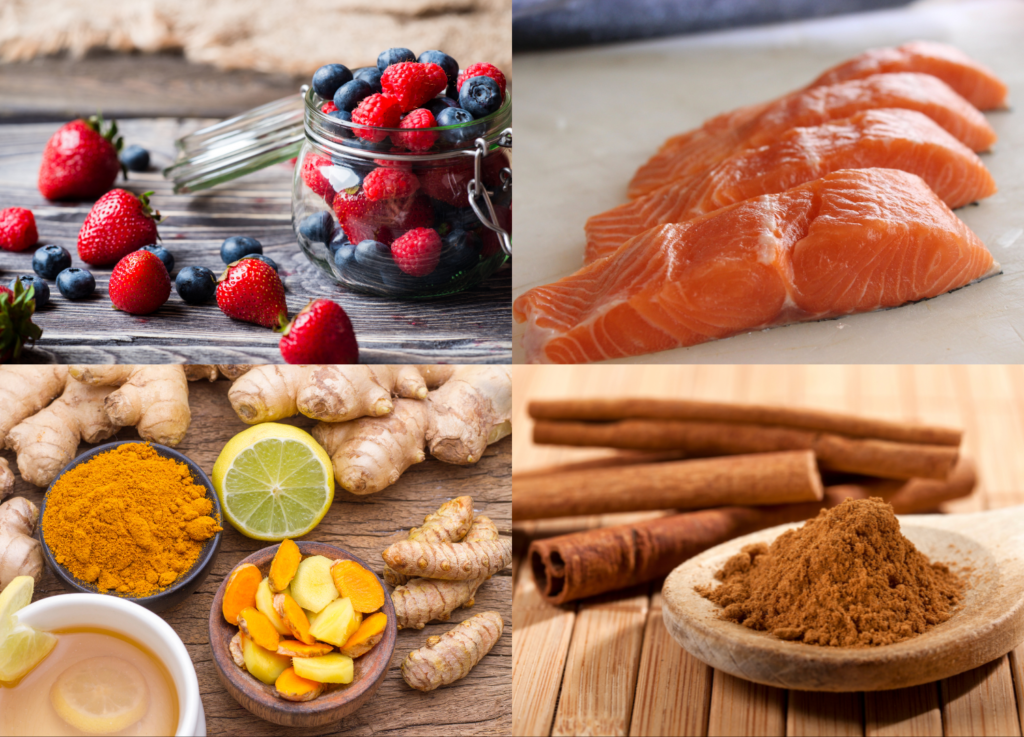
Conclusion: Small Changes, Big Results
Remember, managing PCOS symptoms is a journey, not a sprint. What is best for one might not be best for another. Listen to what your body is telling you, try various dietary strategies, and collaborate with your healthcare provider or registered dietitian to develop an individualized strategy that is tailored to your distinct requirements and aids in overcoming PCOS symptoms
What’s the worst diet mistake you’ve made with PCOS? Let us know in the comments!
FAQs
Can a high-fat keto diet help with PCOS?
Some women notice results on keto as it decreases insulin resistance, but severe carb restriction can stress the body. A balanced, whole-foods plan is usually more maintainable.
Can skipping meals make PCOS worse?
Yes! Skipping meals may elevate cortisol levels, resulting in insulin resistance & unhealthy food cravings. Balanced meals at frequent intervals stabilize hormones.
Does everyone with PCOS have cysts on their ovaries?
No, not necessarily. Although polycystic ovaries are a typical feature of PCOS, not all people with the condition will develop them
Any specific supplements that can help with PCOS?
Some supplements, such as inositol and chromium, can help certain women with PCOS. It is necessary to get an opinion from your healthcare professional first, however, before supplementing.


